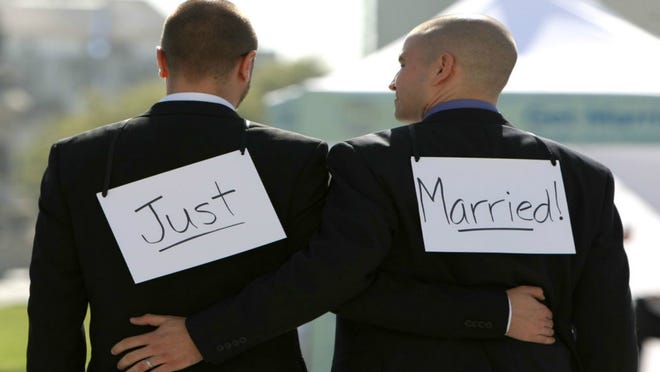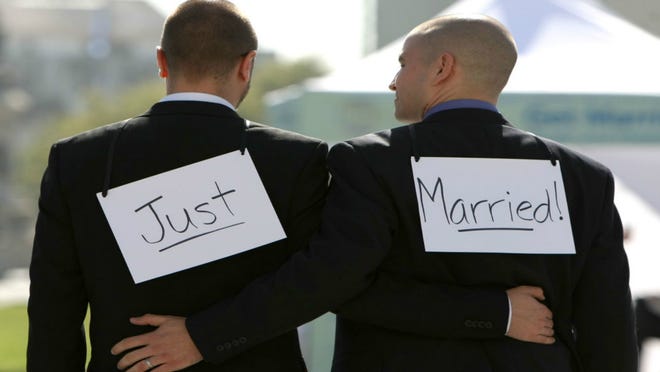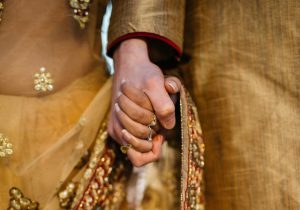
India has great diversity and cultural plurality, rich history and a vibrant modern society. However, for many years, the LGBTQ+ community in India has faced significant discrimination and marginalization, with same-sex relationships considered taboo and illegal by many. Despite this, over the past few decades, there have been significant strides in the legal landscape of India regarding the rights of the LGBTQ+ community. In 1954, India became one of the first countries in the world to legally recognize same-sex relationships with the enactment of the Special Marriage Act. However, this legal recognition was not widely utilized due to societal stigma and discrimination.
In the 1990s and 2000s, several landmark cases brought attention to the issue of LGBTQ+ rights in India, including the Naz Foundation case, which challenged the constitutionality of Section 377 of the Indian Penal Code, which criminalized homosexuality. While the case went through several ups and downs, it ultimately led to the 2018 Supreme Court decision striking down Section 377, a major victory for the LGBTQ+ community in India.
Since then, there has been a growing movement for legalising same-sex marriage in India, with the 2020 Delhi High Court ruling recognizing the right of same-sex couples to marry under the Hindu Marriage Act. This ruling was based on the principle that the right to marry is a fundamental right guaranteed by the Indian Constitution and that denying this right to same-sex couples violates their constitutional rights. While there is still a long way to go regarding LGBTQ+ rights in India, these milestones signify progress and hope for a more inclusive and accepting society. This blog post will delve deeper into the history of LGBTQ+ special marriage rights in India, examining the legal landscape, societal attitudes, and the ongoing struggle for equality and justice for the LGBTQ+ community in India.
The Beginnings of Legal Recognition: 1954:
In 1954, the Indian government enacted the Special Marriage Act, which allowed civil marriages between people of different religions, castes, and ethnicities. This act also extended the right to marry to same-sex couples, making India one of the first countries in the world to recognize same-sex relationships legally. However, while the Special Marriage Act did provide a legal avenue for same-sex couples to marry, it was not widely publicized or utilized due to the societal stigma and discrimination faced by the LGBTQ+ community in India.
The Struggle for Recognition: 1990s-2010s:
Over the next few decades, the LGBTQ+ community in India faced continued discrimination and marginalization, with same-sex relationships still considered taboo and illegal by many. However, in the 1990s and 2000s, several landmark cases brought attention to the issue of LGBTQ+ rights in India. In 2001, the Naz Foundation, a Delhi-based NGO working on HIV/AIDS prevention, filed a public interest litigation (PIL) in the Delhi High Court, challenging the constitutionality of Section 377 of the Indian Penal Code, which criminalized homosexuality. The case went through several ups and downs over the years, with the Delhi High Court initially striking down Section 377 in 2009, only to have the decision overturned by the Supreme Court in 2013.
However, in 2018, the Supreme Court again struck down Section 377, ruling that it violated the rights to equality, privacy, and dignity enshrined in the Indian Constitution. This decision was a major victory for the LGBTQ+ community in India, and it paved the way for further progress on LGBTQ+ rights, including the right to marry.
The Present: The Right to Marry for LGBTQ+ Couples in India:
While the Special Marriage Act of 1954 did provide legal recognition for same-sex marriages, it was not widely utilized due to societal stigma and discrimination. However, since the 2018 Supreme Court decision striking down Section 377, there has been a growing movement for legalising same-sex marriage in India. In 2020, the Delhi High Court issued a landmark ruling recognizing the right of same-sex couples to marry under the Hindu Marriage Act, which governs marriages for Hindus, Sikhs, Jains, and Buddhists in India. The ruling was based on the principle that the right to marry is a fundamental right guaranteed by the Indian Constitution and that denying this right to same-sex couples violates their constitutional rights. While the ruling only applies to the jurisdiction of the Delhi High Court, it is a significant step forward for LGBTQ+ rights in India, and it has sparked renewed discussions and debates on the issue of same-sex marriage across the country.
Conclusion:
In conclusion, the struggle for LGBTQ+ rights in India has been long and arduous, with the LGBTQ+ community facing significant discrimination and marginalization for many years. However, over the past few decades, there have been significant strides in the legal landscape of India regarding the rights of the LGBTQ+ community.
From the enactment of the Special Marriage Act in 1954 to the landmark 2018 Supreme Court decision striking down Section 377 and the 2020 Delhi High Court ruling recognizing the right of same-sex couples to marry under the Hindu Marriage Act, several milestones have been along the way. While there is still much work to be done, these recent developments are a sign of progress and hope for a more inclusive and accepting society. We must continue to fight for the rights of the LGBTQ+ community in India and work towards creating a society that values diversity, inclusion, and equality for all.
Marriage Registration in Lalbaugh
Marriage Registration in Thane
Marriage Registration in Malabarhills
Marriage Registration in Cuffeparade
Marriage Registration in Juhu
Marriage Registration in Tardeo
Marriage Registration in Bandra West
Marriage Registration in Worli
Marriage Registration in Dadar
Marriage Registration in Byculla
Marriage Registration in Santacruz
Marriage Registration in Mahim
Marriage Registration in Vasai
Marriage Registration in Bandra East
Marriage Registration in Raigad
Marriage Registration in Mazgaon
Marriage Registration in Andheri East
Marriage Registration in Ghatkopar
Marriage Registration in Bhandup
Marriage Registration in Lalbaugh Central
Marriage Registration in Kurla
Marriage Registration in Churchgate
Marriage Registration in lalbaugh
Marriage Registration in Navy Nagar
Marriage Registration in Dharavi
Marriage Registration in Nariman Point
Marriage Registration in Kalbadevi
Marriage Registration in Grant Road
Marriage Registration in Malad
Marriage Registration in Borivali
Marriage Registration in Goregaon
Marriage Registration in Dombivli
Marriage Registration in Palghar
Court Marriage Registration in Pune
Best Family Lawyer in Lalbaugh
Court Marriage Registration in Lalbaugh
Court Marriage Registratio in Thane
Court Marriage Registratioc in Pune
Court Marriage Registratio in Lalbaugh
Court Marriage Registratio in Nashik
Legal Service Provider in Lalbaugh, Thane, Pune
Marriage Registration in Lalbaugh
Court Marriage Registration in Lalbaugh
Our Branches In Maharashtra
Lalbaugh
Thane
Pune
Nashik





